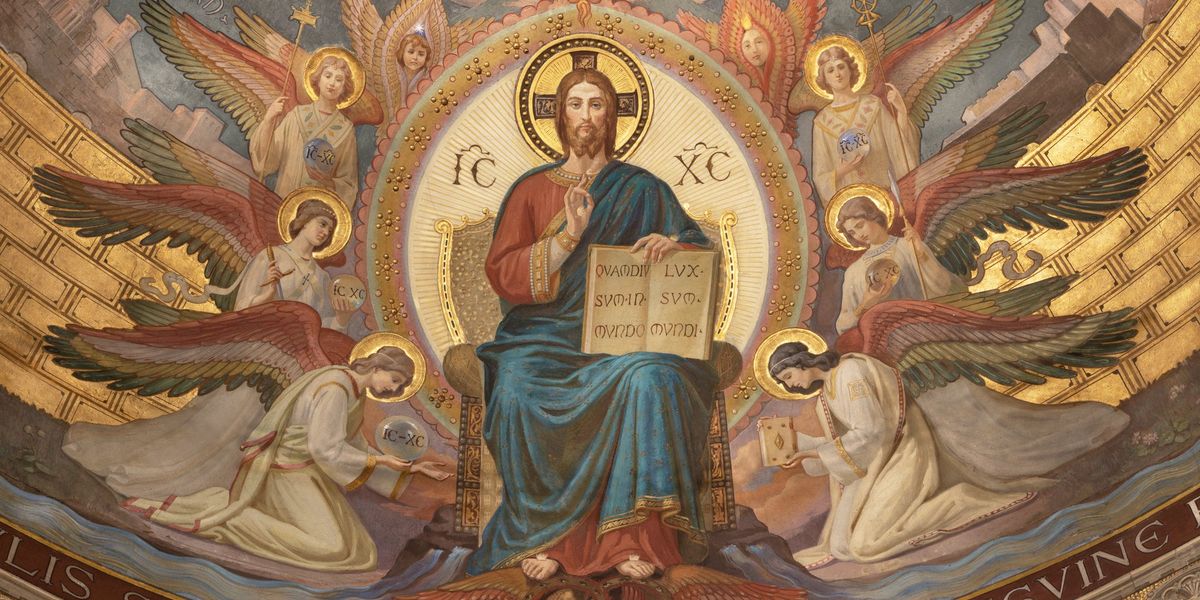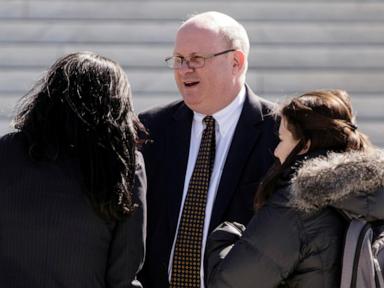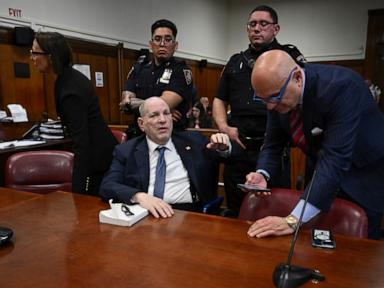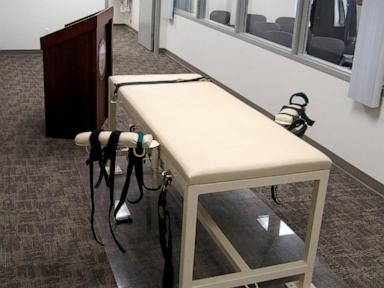

Catholic Bishop Robert Barron is bringing attention to the latest legacy media attempt to delegitimize Christianity.
Last month, the New Yorker published an essay titled, "We’re Still Not Done with Jesus," that traces the contours of scholarly debate about the origins of Christianity. The chief problem with the essay is that it refused to seriously consider the biblical account of Christianity and Christ as historical fact, a record preserved in the New Testament.
'Why, I wonder, are there no similar pieces on Islam written during Ramadan?'
As Ross Douthat explained, the essay frames the historical issues of Christianity as either "mythologized and invented, but on the basis of some set of true events" or "illusory and inaccessible and the books of Mark, Matthew, Luke and John as pure literary-mystical inventions." The New Yorker, therefore, refused to interact with the position held by nearly every confessional Christian. "Entirely absent is any meaningful treatment of the arguments for taking the Gospels seriously as what they claim to be: eyewitness accounts, or syntheses of eyewitness accounts, with a straightforward claim to basic historical credibility," Douthat explained.
For his part, Barron believes the timing of the essay — and the framing of the historicity of Christianity within it — is no coincidence.
"This review amounts to an attempt to debunk a faith that is sacred to well over 2 billion people around the world. And you know what struck me? As I finished reading it, I noticed, 'Oh yeah, it's in the March 31st edition of the New Yorker. It's almost Easter time," Barron said in a recent video. "And so, as the swallows come back to Capistrano, predictably, so the mainstream media typically chooses Easter as a time to debunk Christianity."
It's easy to see the motive behind the essay, Barron suggested, not only because of the timing of its publication, but because it is seriously biased.
For example, it cites only scholars critical of confessional Christianity — not faithfully Christian biblical scholars — while regurgitating academic arguments about the origins of Christianity that are "as old as the hills and as tired as they can be," according to Barron, and that seek to problematize and delegitimize Christianity.
Such arguments include:
- That Christianity is based on unsettled and unreliable historical documents.
- That Christianity is a false myth, akin to other ancient myths about dying and rising gods.
- That Christianity is just a "cult of victimhood."
In other words, these skeptics of Christianity are not dealing in "objective historiography" but demonstrating their "deep prejudice against the supernatural," Barron explained.
Barron also observed:
Why, I wonder, are there no similar pieces on Islam written during Ramadan? Why is Upper East Side condescension not directed toward the Qur’an, a book sacred to 1.8 billion people? The questions answer themselves of course. Yet, it’s always open season on Christianity.The New Yorker is an expensive, cosmopolitan magazine with a largely secular audience that likely needs no further reason to disbelieve Christianity. From this perspective, the essay is rather harmless because it will not persuade believing Christians to abandon the faith. In that regard, the New Yorker's attempt to "debunk" Christianity — an old trick in the legacy media's playbook — failed horribly.
But, as Barron noted, the New Yorker is doing its audience — and the truth — a disservice because it is ignoring a more important story about Christianity.
"What's really going on in the world today is a revival of Christianity, especially among the young," he said. "And I, for one, take that as a sign of great Easter hope."
Amen.
.png)
 1 day ago
11
1 day ago
11














 English (US)
English (US)